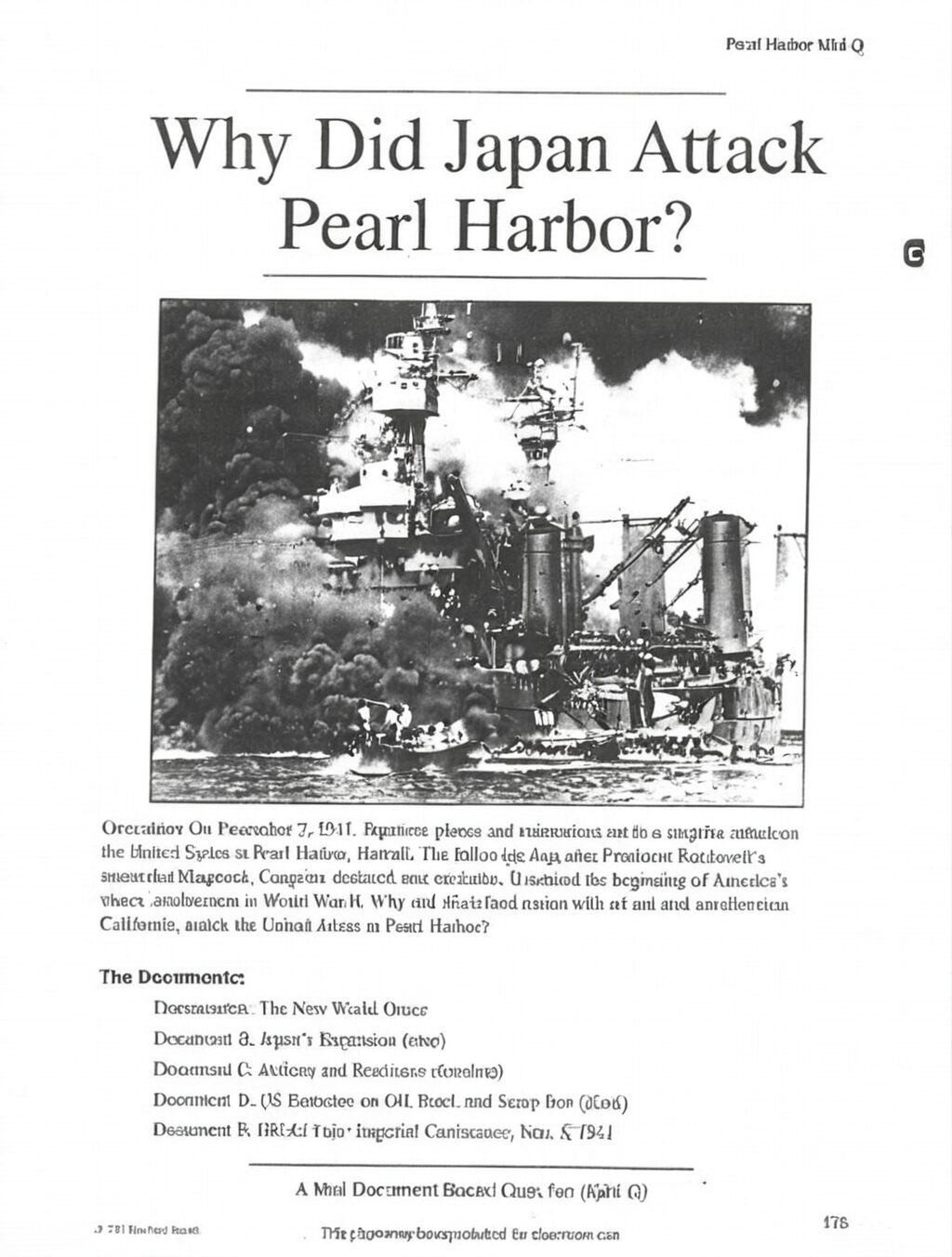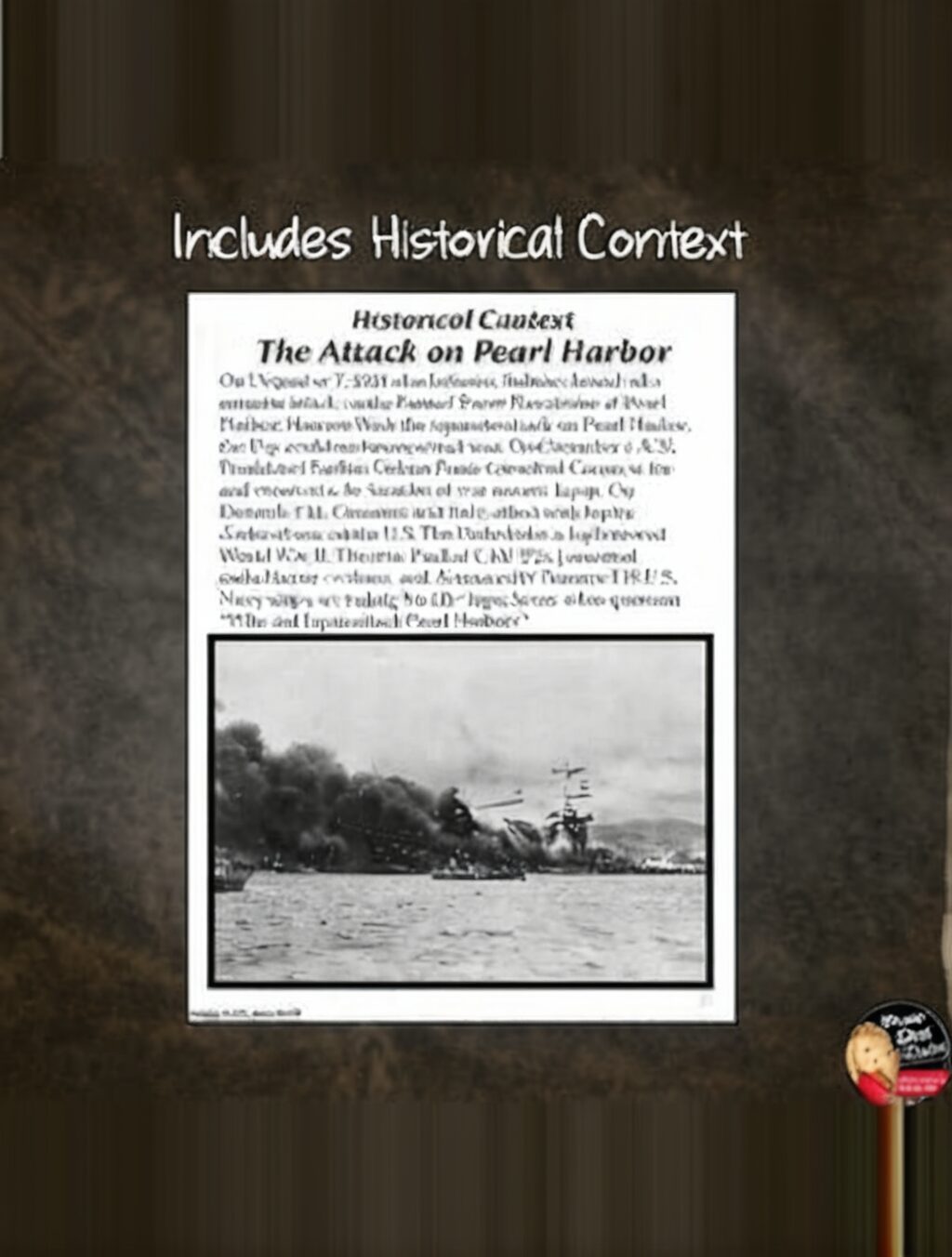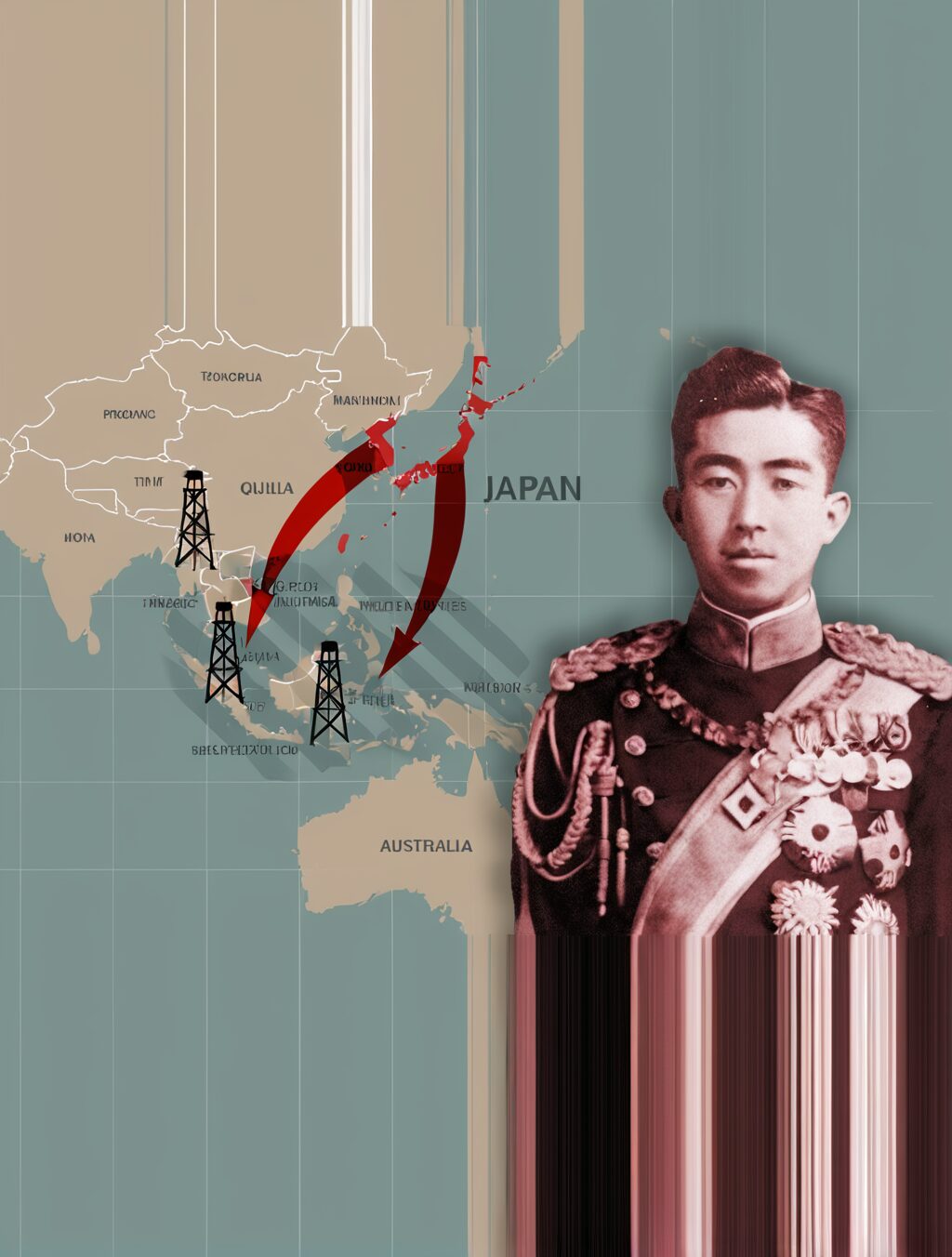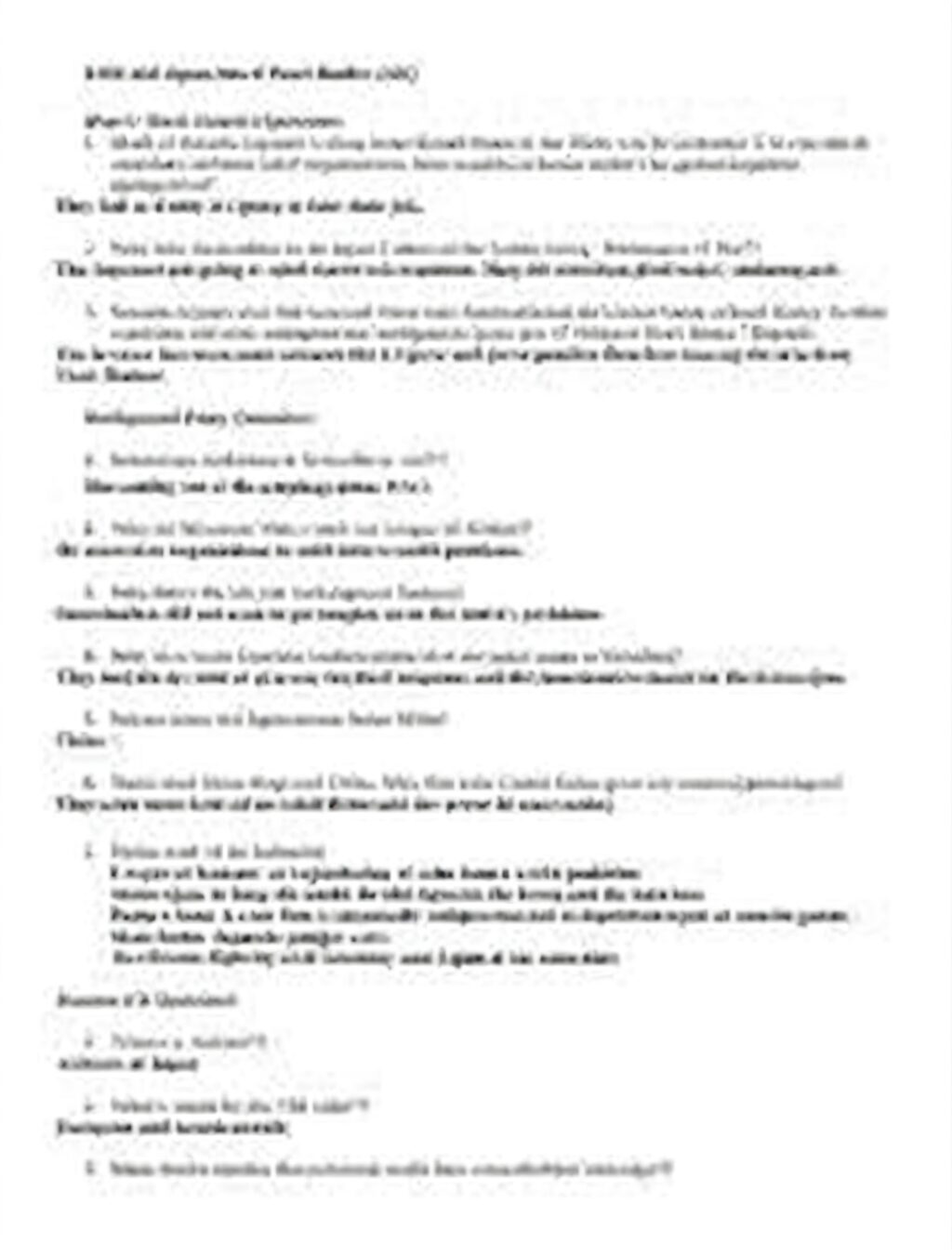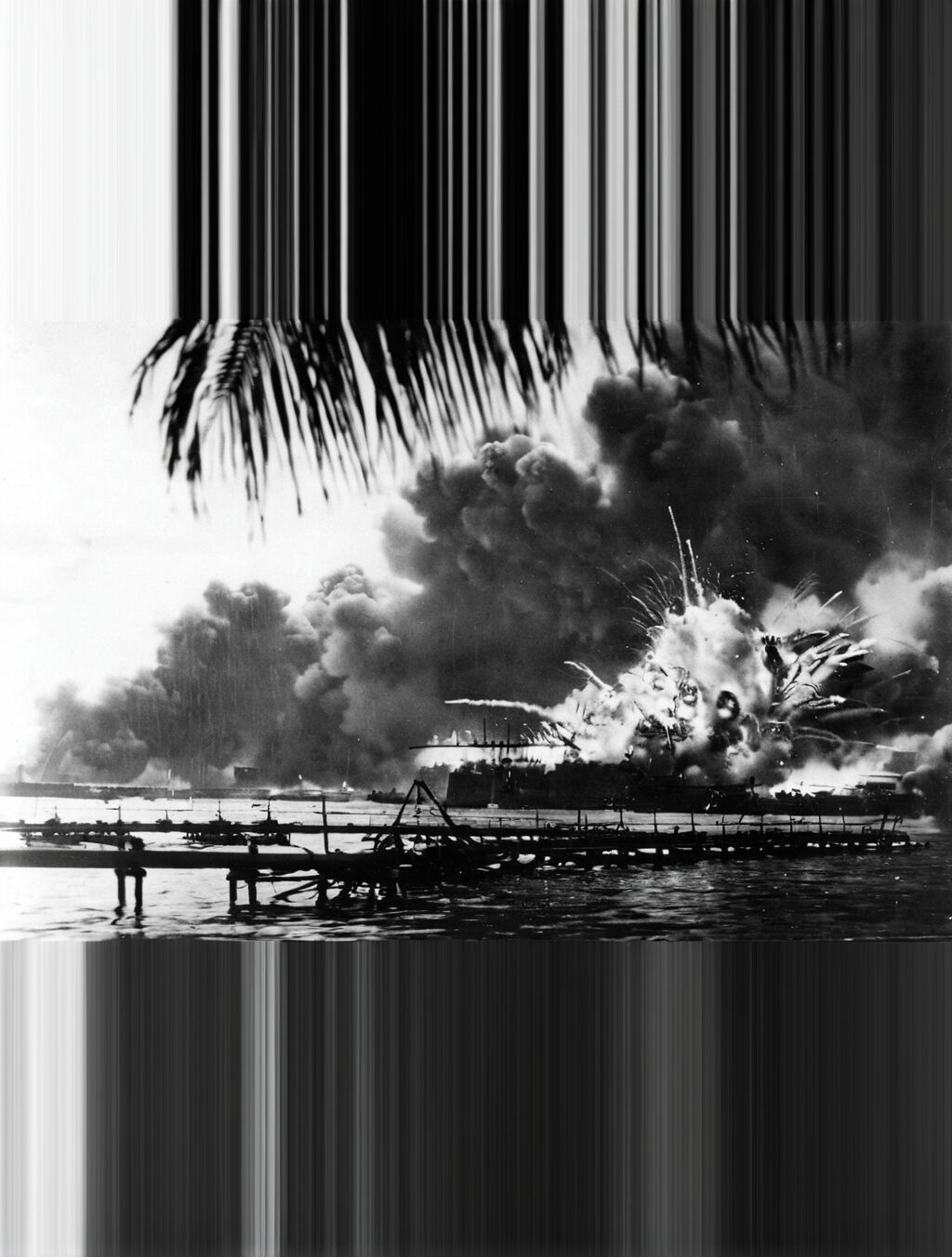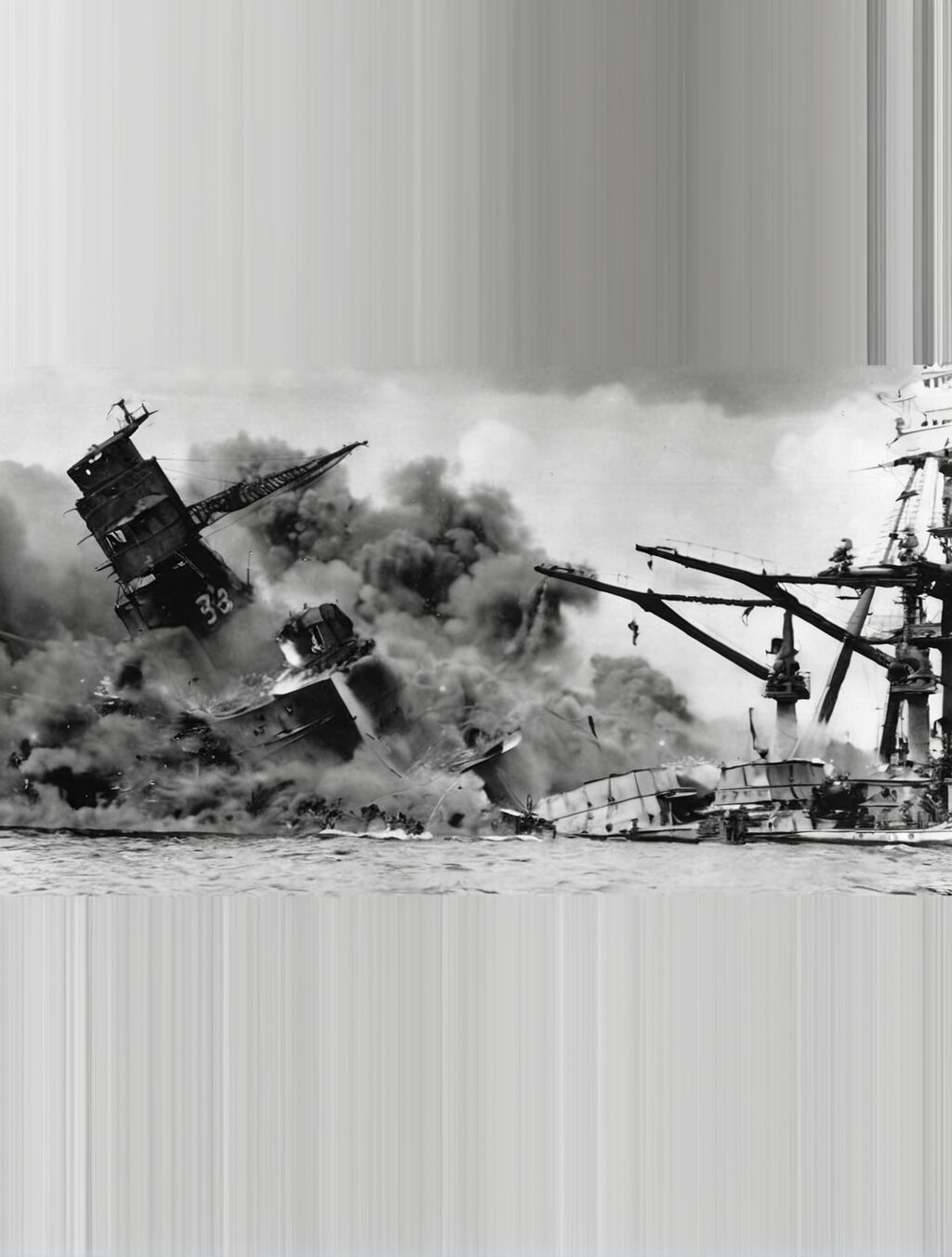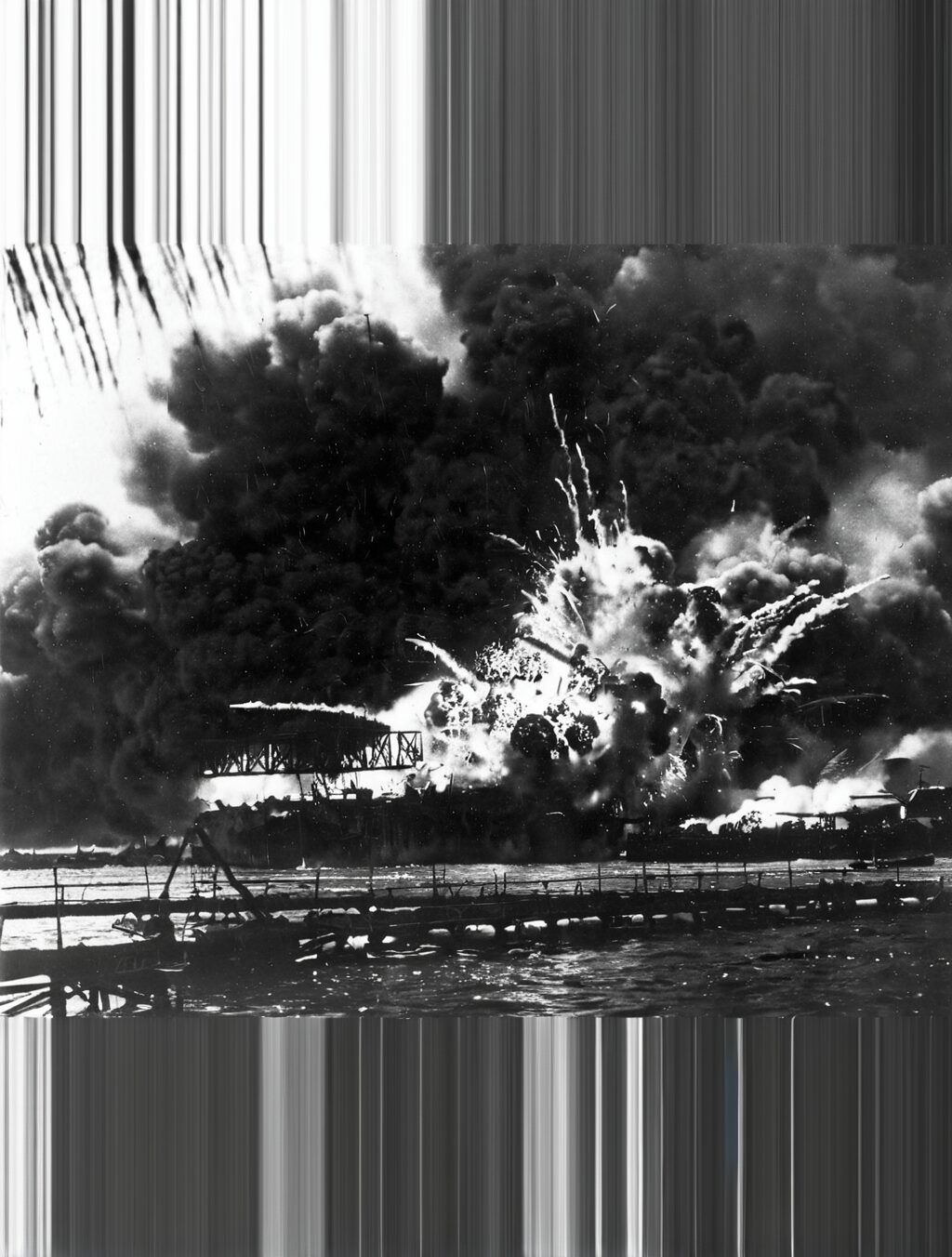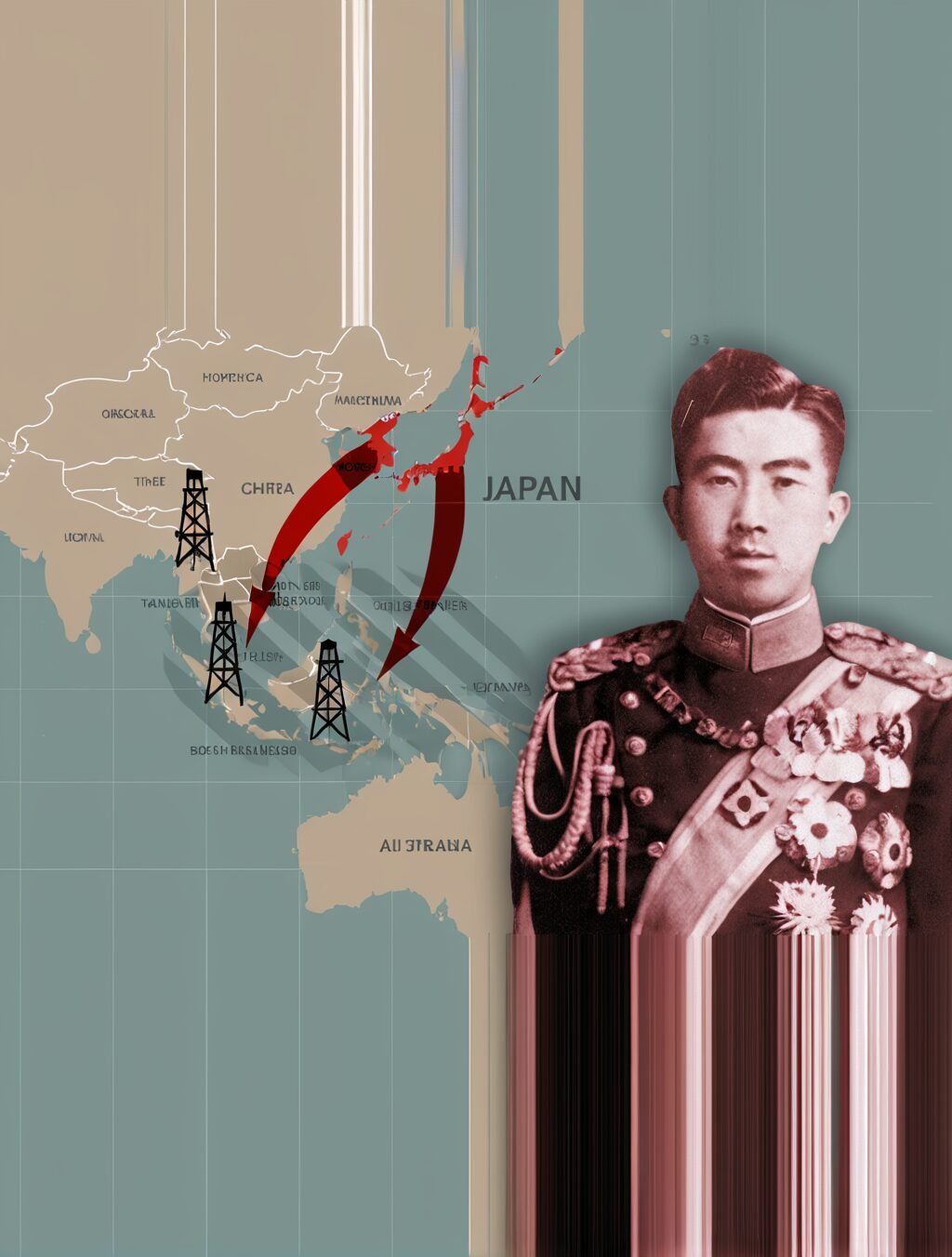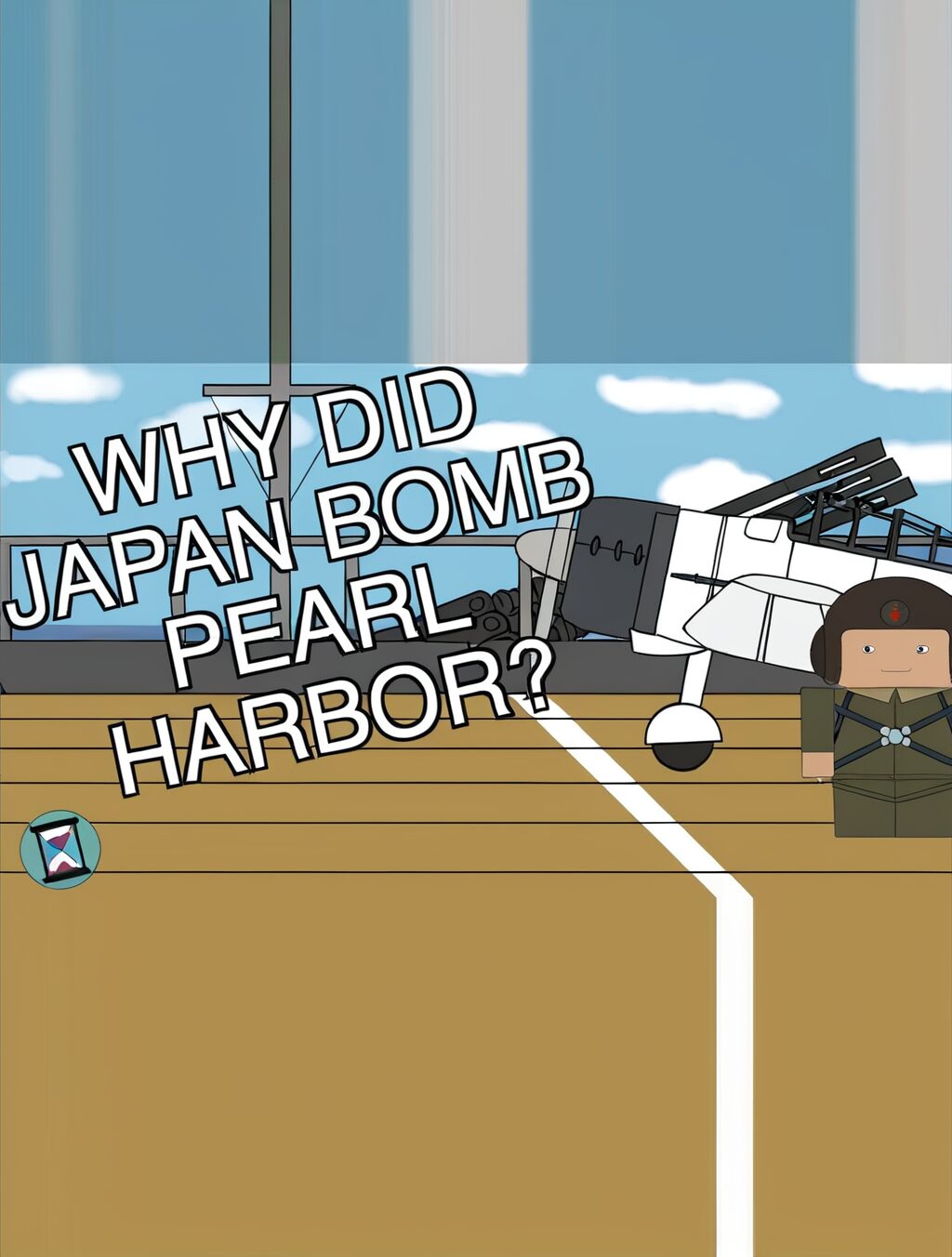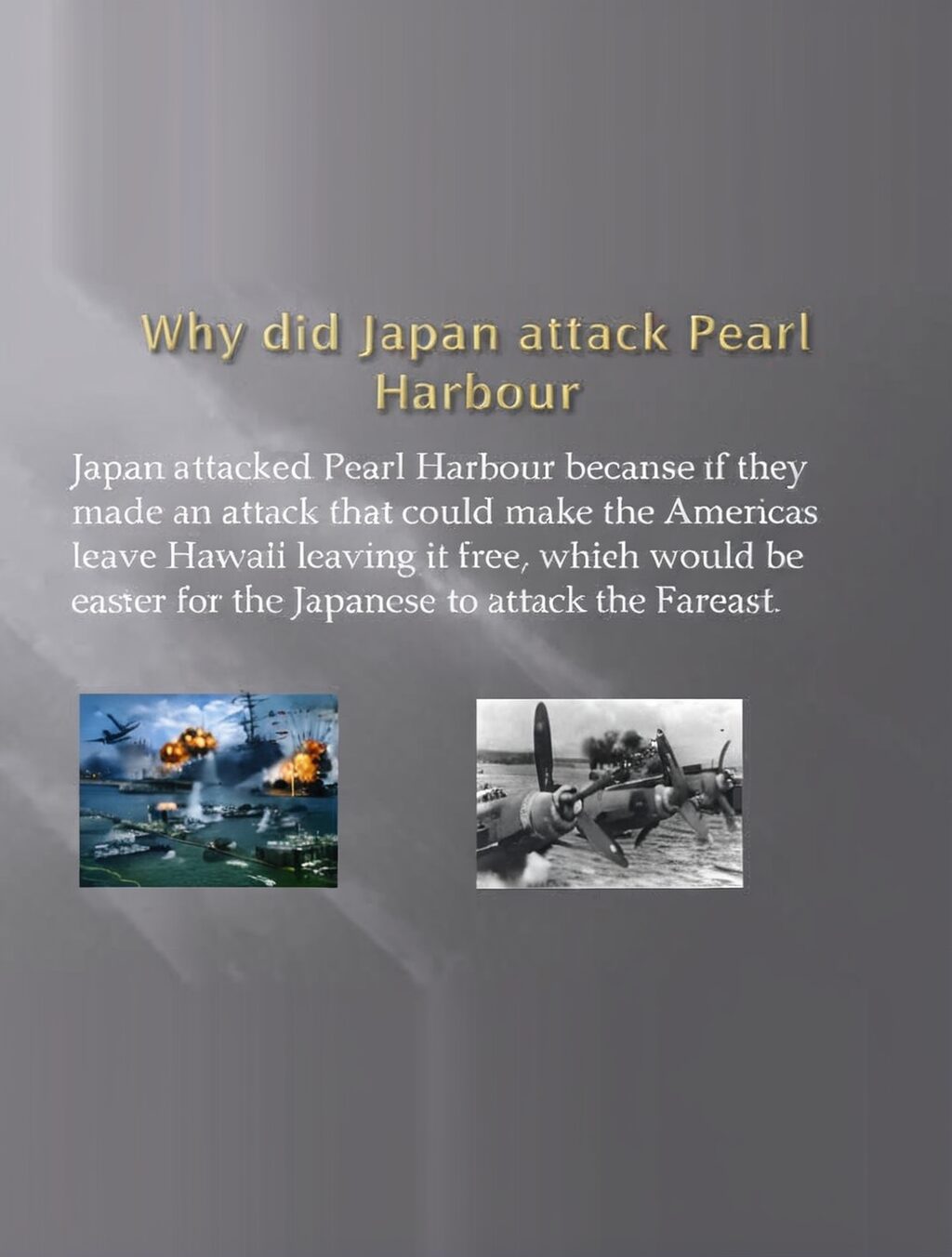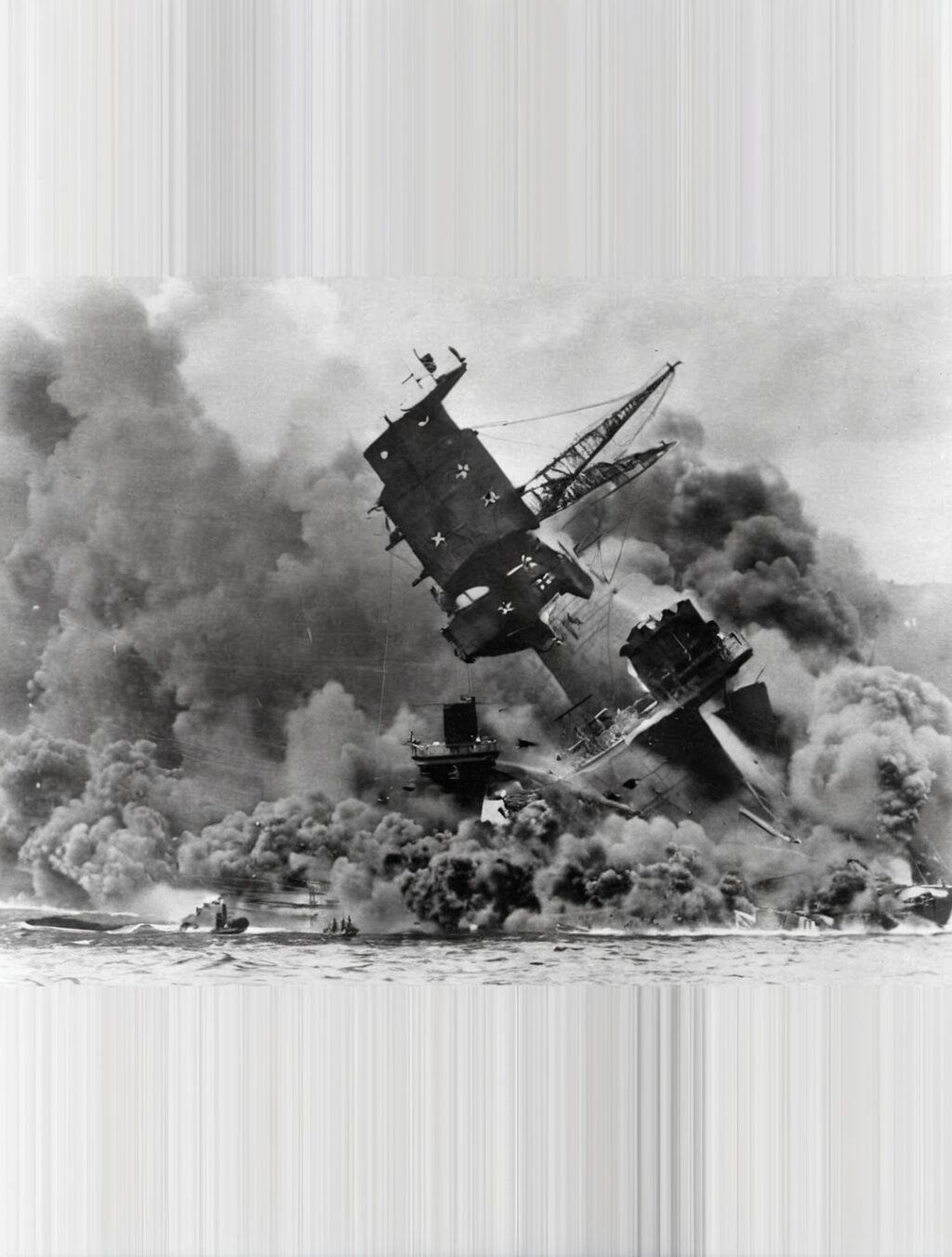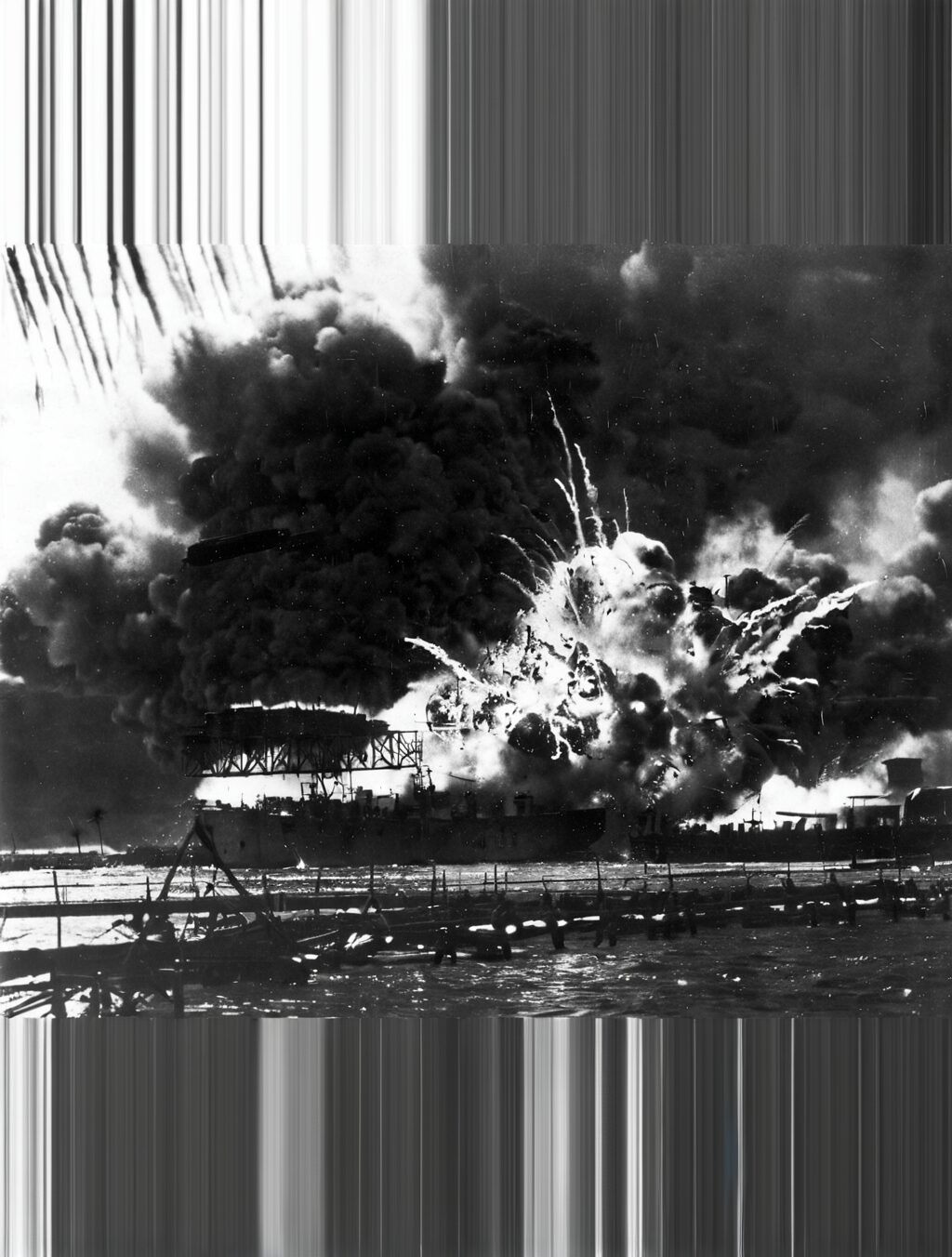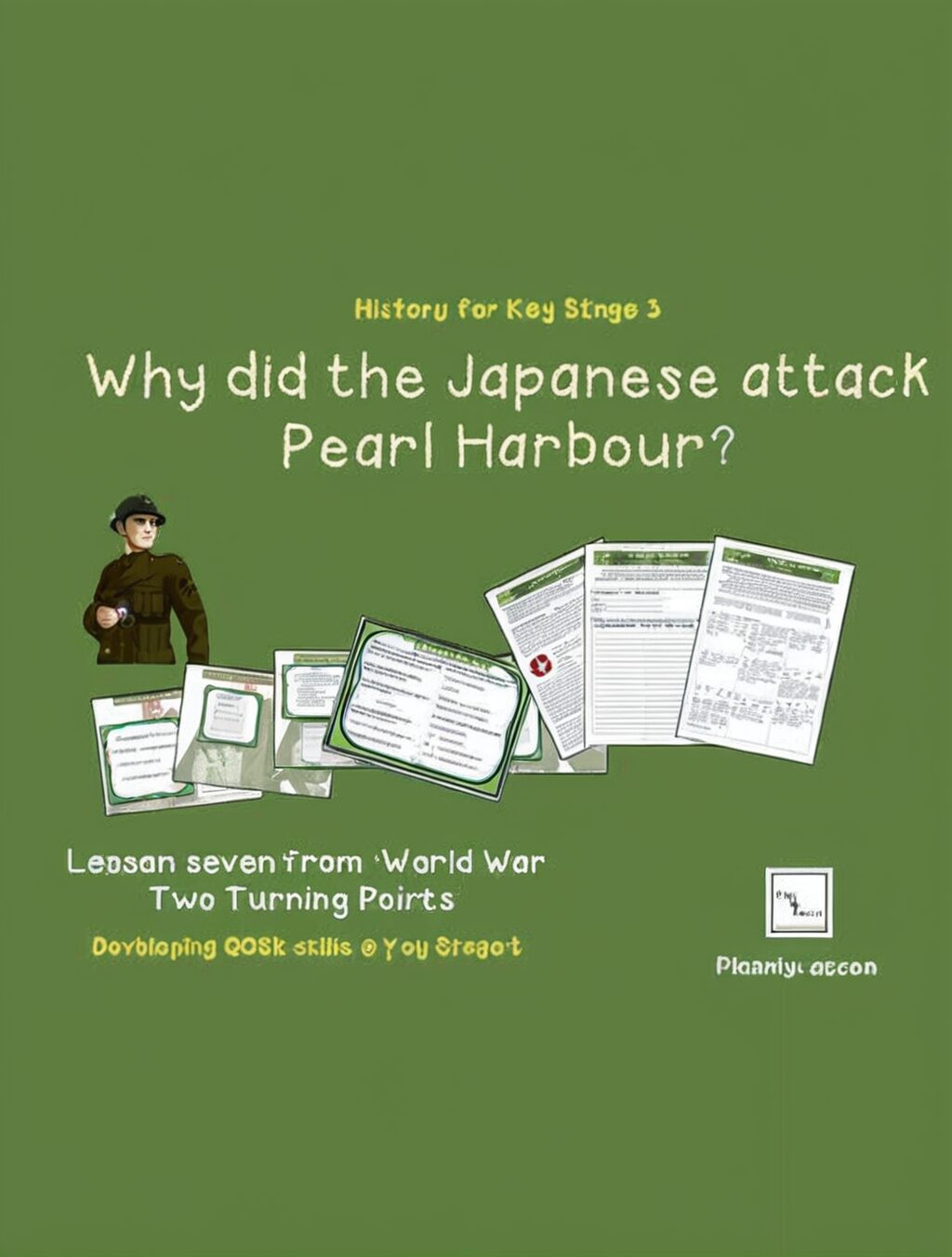Why Did Japan Attack Pearl Harbor? DBQ Document Answer Key Quizlet
Definitive Explanations to Unravel the Intriguing Pearl Harbor Attack
Win a Free Trip to Japan!
Experience cherry blossoms and ancient temples
“Why did Japan attack Pearl Harbor?” This question has haunted historians and intrigued the public for generations. Through the lens of primary source documents from the DBQ and Quizlet, we embark on a quest to uncover the complex web of reasons that led to this pivotal event in world history.
Delving into Primary Sources
Primary source documents provide invaluable insights into the motivations of the Japanese government and military leaders. The DBQ and Quizlet offer a rich collection of these documents, including diplomatic correspondence, intelligence reports, and firsthand accounts. By carefully examining these sources, we can piece together a comprehensive picture of Japan’s strategic calculations.
Geopolitical Tensions and Economic Sanctions
Japan’s primary motivation was to secure access to vital resources, particularly oil and rubber. The United States had imposed economic sanctions on Japan in response to its aggression in China, which threatened to cripple its economy and military. Japan saw an attack on Pearl Harbor as a way to break the American embargo and establish dominance in the Pacific.
Military Objectives
Beyond economic considerations, Japan also had specific military objectives in mind. By attacking Pearl Harbor, Japan aimed to destroy the U.S. Pacific Fleet and neutralize its naval power in the region. This would give Japan a free hand to expand its empire in Southeast Asia and the Pacific.
Historical Context and Miscalculations
To fully understand the reasons for the attack, it’s crucial to consider the historical context. Japan had a long history of military aggression and expansionism in the Asia-Pacific region. Moreover, the Japanese military underestimated the resolve and industrial capacity of the United States. This miscalculation proved disastrous for Japan.
FAQs:
* What were the immediate triggers for the attack? Diplomatic negotiations had broken down, and the U.S. refused to lift economic sanctions against Japan.
* Did Japan have any other options besides attacking Pearl Harbor? Japan explored diplomatic options but believed that an attack was necessary to break the U.S. embargo.
* What were the long-term consequences of the attack? The attack on Pearl Harbor led to the United States’ entry into World War II and ultimately Japan’s defeat.
Conclusion:
The attack on Pearl Harbor was a complex event with multiple causes. Japan’s geopolitical ambitions, economic desperation, military objectives, and historical context all played a role in shaping its decision to attack. By examining primary source documents, we can gain a deeper understanding of the motivations that led to this pivotal moment in human history.
